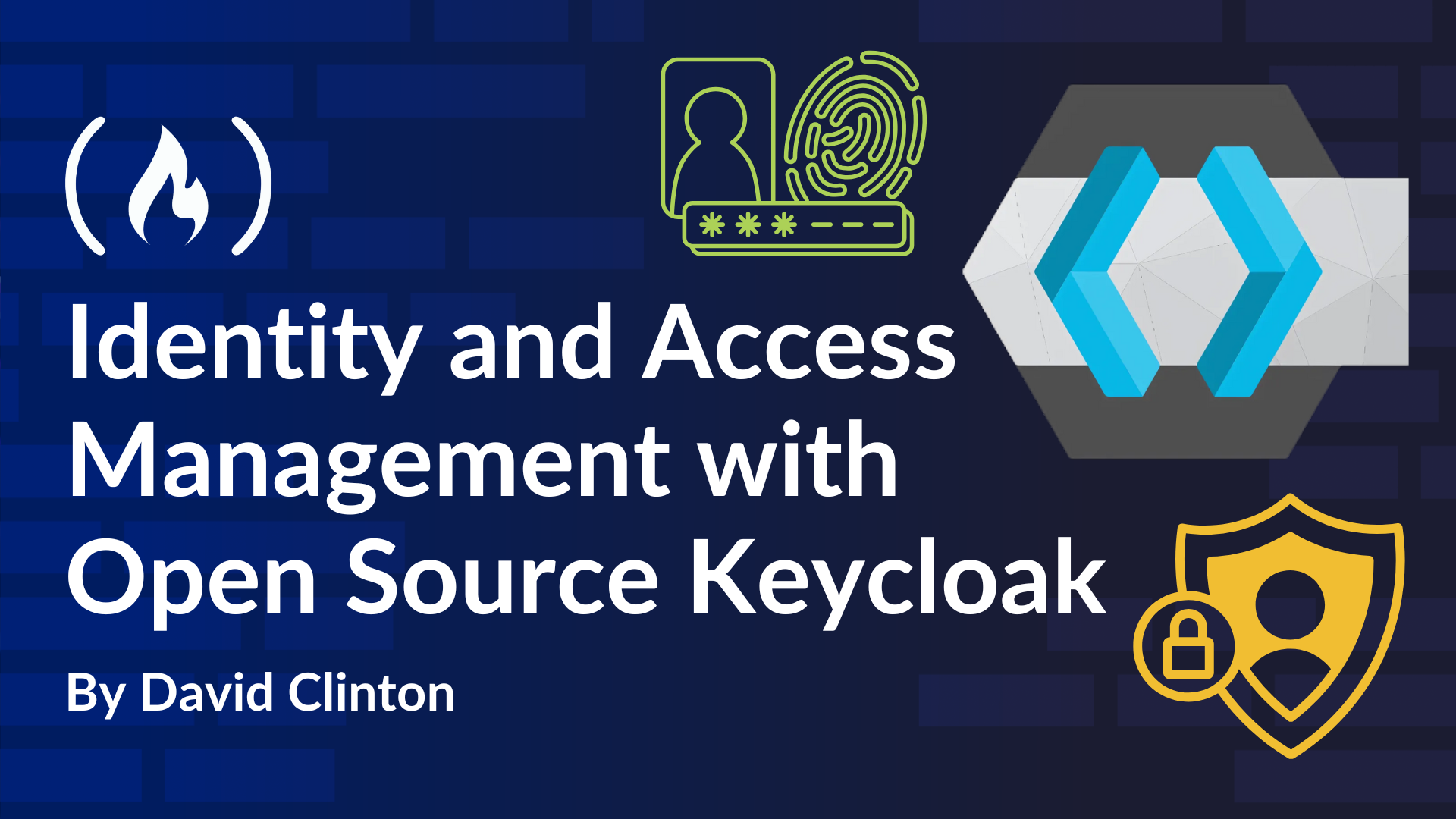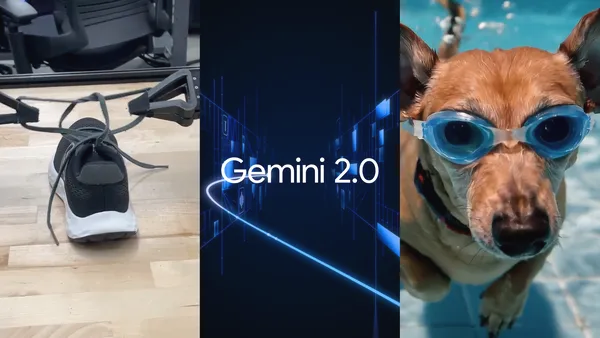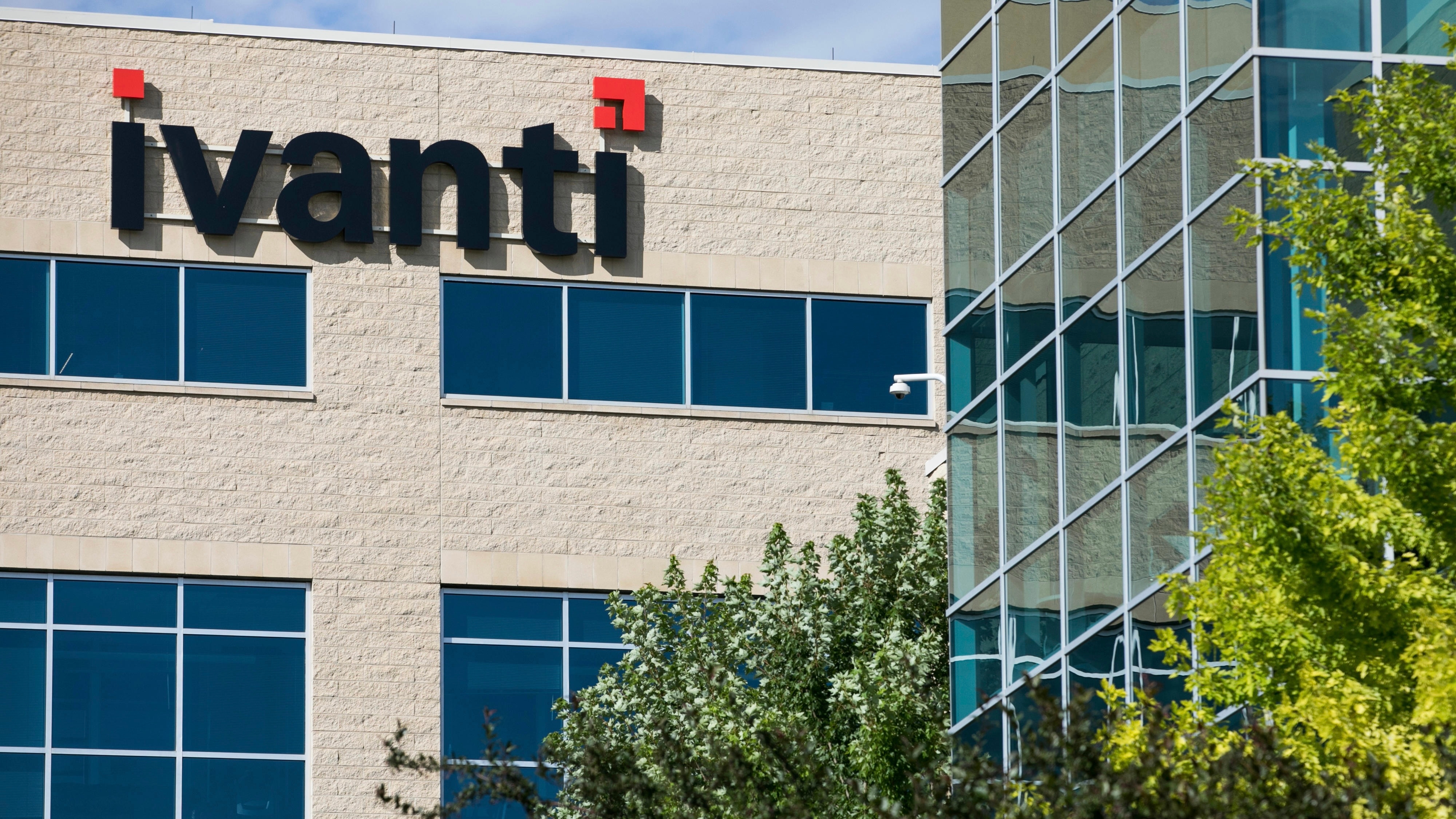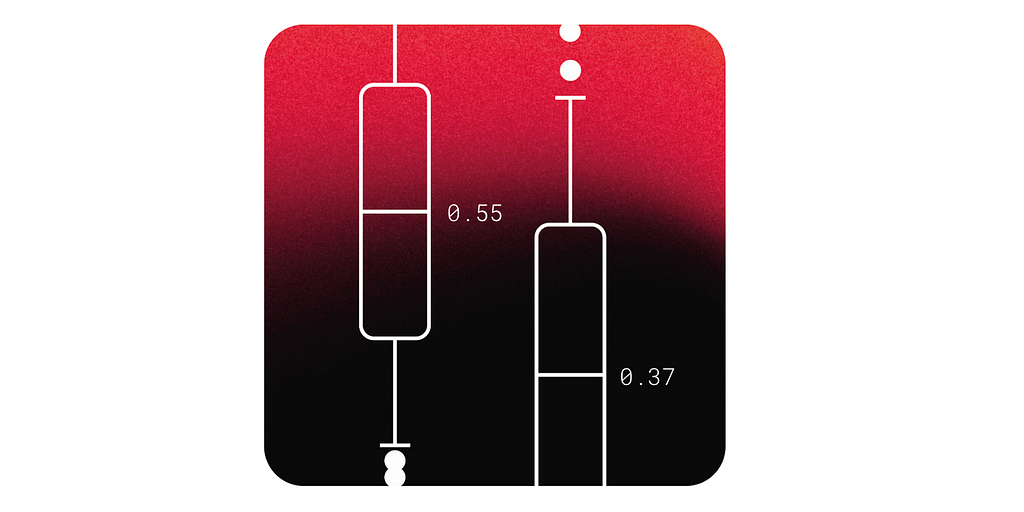Let’s Encrypt Announces 6-day Validity Certificates
Let’s Encrypt, the non-profit certificate authority, has introduced six-day validity certificates, commonly referred to as short-lived certificates. This new offering, set to roll out in stages throughout 2025, represents a major shift in how digital certificates are managed and utilized on the web. Short-Lived Certificates: A Security Upgrade The primary motivation behind this change is […] The post Let’s Encrypt Announces 6-day Validity Certificates appeared first on Cyber Security News.

Let’s Encrypt, the non-profit certificate authority, has introduced six-day validity certificates, commonly referred to as short-lived certificates.
This new offering, set to roll out in stages throughout 2025, represents a major shift in how digital certificates are managed and utilized on the web.
Short-Lived Certificates: A Security Upgrade
The primary motivation behind this change is to address long-standing challenges in certificate revocation.
Traditional methods like Certificate Revocation Lists (CRLs) and the Online Certificate Status Protocol (OCSP) have often been criticized for inefficiency and unreliability.
When a private key is compromised, these mechanisms inform users that a certificate should no longer be trusted. However, compromised certificates can remain valid until expiration due to delays and operational shortcomings.
Investigate Real-World Malicious Links & Phishing Attacks With Threat Intelligence Lookup - Try for Free
Short-lived certificates mitigate this risk by significantly reducing the window of vulnerability. With a six-day validity period, any compromised or misissued certificate will naturally expire in less than a week, eliminating the need for revocation mechanisms like CRLs or OCSP.
This approach enhances security and simplifies certificate management by relying on automation for frequent renewals.
Josh Aas, Executive Director of Let’s Encrypt’s parent organization, the Internet Security Research Group (ISRG), emphasized the importance of automation in this transition. “Short-lived certificates practically require automation,” he stated. “We believe that automating certificate issuance is crucial for improving security across the web.”
Support for IP Addresses
In addition to shorter lifespans, Let’s Encrypt will also introduce support for IP addresses in its six-day certificates. This feature allows secure TLS connections to services that operate solely via IP addresses, bypassing the need for domain names.
Validation for IP addresses will be limited to specific challenge types—http-01 and tls-alpn-01—as DNS-based validation (dns-01) is not applicable.
This development opens up new possibilities for securing use cases such as IoT devices and internal network services that rely on direct IP connections.
However, it also introduces unique challenges, as there is no mechanism to check Certificate Authority Authorization (CAA) records for IP addresses.
Let’s Encrypt plans to issue its first short-lived certificates internally by February 2025. By April, early adopters will gain access to these certificates through a phased rollout. General availability is expected by the end of 2025.
Initially, IP address support may not be included but is slated to be fully operational by the time short-lived certificates are widely available.
Subscribers interested in utilizing these certificates will need an ACME client capable of supporting the new certificate profile mechanism. Let’s Encrypt has promised detailed guidance on how users can opt into this feature once it becomes available.
Six-day Certificate Challenges
The introduction of six-day certificates marks a significant evolution in the Web PKI ecosystem. Short-lived certificates align with broader industry trends toward shorter certificate lifetimes, which have progressively decreased from several years to just 90 days over the past decade.
This shift reflects a growing recognition that shorter lifespans enhance security by limiting exposure during key compromise events.
However, this move is not without challenges. The increased frequency of renewals necessitates robust automation systems to ensure uninterrupted service. Organizations relying on manual processes may find it difficult to adapt.
Additionally, Let’s Encrypt anticipates a dramatic increase in certificate issuance volume, potentially up to 20 times current levels, which could strain infrastructure if not carefully managed.
Let’s Encrypt’s decision to offer six-day certificates demonstrates its commitment to advancing web security while maintaining accessibility through free and automated services.
As adoption grows, this innovation could set a new standard for how digital certificates are issued and managed across industries.
Let’s Encrypt advises subscribers to ensure their ACME clients are configured for reliable automated renewals to prepare for this transition. By embracing these changes, organizations can not only enhance their security posture but also contribute to a safer internet for all users.
With its pioneering approach, Let’s Encrypt continues to make encryption ubiquitous and secure across the web ecosystem.
Recently, Let’s Encrypt officially announced its timeline for discontinuing support for the Online Certificate Status Protocol (OCSP) in favor of Certificate Revocation Lists (CRLs).
Integrating Application Security into Your CI/CD Workflows Using Jenkins & Jira -> Free Webinar
The post Let’s Encrypt Announces 6-day Validity Certificates appeared first on Cyber Security News.
What's Your Reaction?


















































